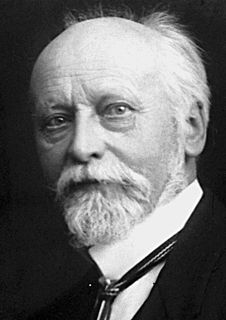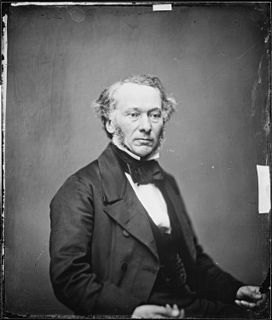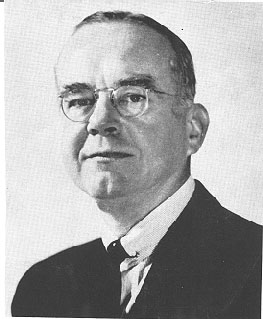A Quote by Ludwig Quidde
Disarmament or limitation of armaments, which depends on the progress made on security, also contributes to the maintenance of peace.
Quote Topics
Related Quotes
Unlike South Africa, which decided on its own to eliminate its nuclear weapons and welcomed inspection as a means of creating confidence in its disarmament, Iraq appears not to have come to a genuine acceptance - not even today - of the disarmament, which was demanded of it and which it needs to carry out to win the confidence of the world and to live in peace.






























